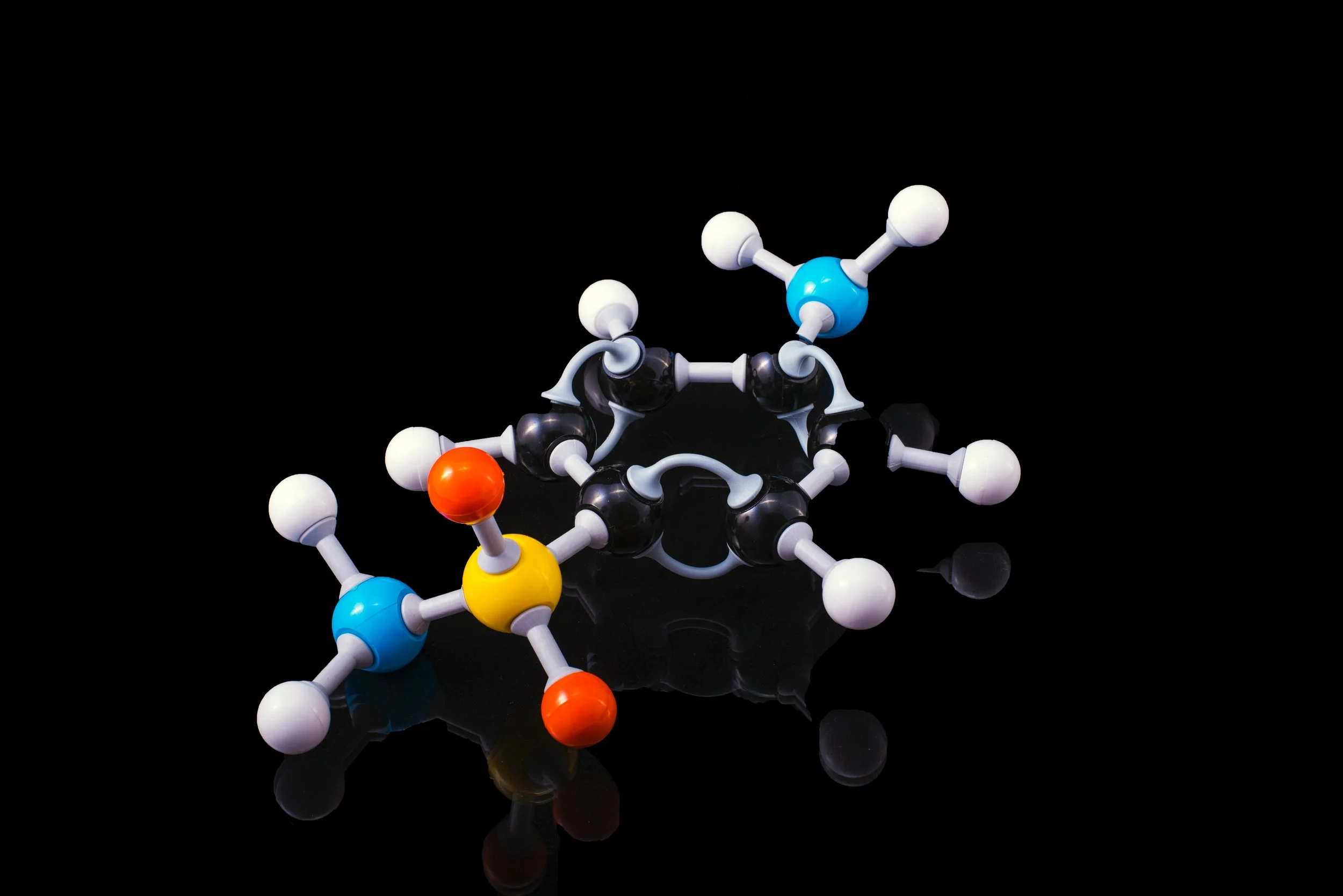Why I eat lots of fat every day
Credit Megumi Nachev, Unsplash.
Some of us will remember a time when margarine was touted as a health food in favour of butter, which we were told was full of dangerous, artery clogging, saturated fat. We may remember a time when it was readily accepted that to take care of our heart we needed to choose low fat foods, drink skimmed milk and cut the fat off meat. Despite no evidence of harm, in the 60s and 70s Doctors told patients to avoid cholesterol in eggs and to reduce consumption of fat overall. These recommendations were based on fraudulent research by Ancel Keys (1) where data was now known to be deliberately omitted to show fat and not sugar as the culprit in heart disease. These results were used by the US government in policy making and by the pharmaceutical industry to peddle their cholesterol reducing, statins. The entire system of recommendations for heart disease prevention is built on this fraudulent framework. Sugar is only just coming to light as a cause of heart disease and being implicated in all other chronic illnesses.
Our cell membranes are composed of fat, our hormones are made from fat and we cannot synthesise Vitamin D in our skin when we are exposed to sunlight without fat in our diet. We have evolved on a diet of eating meat including the fat which we need for energy as well as nutrition yet we continue to eliminate it from our diets based on food and pharmaceutical industry funded myths.
Credit Myriam Zilles, Unsplash
What we have not evolved to eat is refined sugar or trans fats. If you read 0% fat, or Fat Free, on your food packaging, in the future think.. added chemicals, unnatural food and sugar! Trans fats do not exist in nature, there is no enzyme response in the body that has evolved to cope with these twisted molecules. They are found in baked goods, heated vegetable oils, crisps, sweets, commercially produced cakes and even in what we think are health foods. Every time you see vegetable oil, sunflower oil, canola oil, rapeseed oil on a processed food ingredients list, be aware that you are consuming hydrogenated vegetable oils and therefore trans fats. Processed food means anything that was made by a food manufacturer and not by you. Usually the brighter and more attractive the packaging, the more work the manufacturer has to do to convince you that whatever beige, artery clogger lurking within, is actually good for you!
In the 1960s the sugar industry quietly funded research into the causes of coronary heart disease. They downplayed the role of sugar (sucrose) and singled out fat and cholesterol as the causes. (2) The interference of the food and pharmaceutical industry in food research is a huge problem as the bias is always towards the outcome that helps to ‘prove’ their food or their drug is the best, most healthy or most effective. In short, they fund research that makes them more profits in the long run!
When we think of calories, we have been encouraged to see a calorie as a calorie, each is equal, no matter what the source. This has been proven to be untrue. The body uses sources of calories differently. There are different biochemical reactions in your body when you consume a fat molecule to a sugar molecule for example and the way your body uses and stores that source of energy is different. In one study, participants were fed either a low carb, high fat diet or a low fat, high carb diet. It was found that the metabolism, the rate at which the body burns energy when in a resting state, was reduced in the low fat diet and increased in the low carb diet. (3) This shows us that if we want to have a fast burning metabolism, keep the excess pounds off and frankly enjoy our food more, since fat is where the flavour is, we would do best on a high fat and low carb diet. Think ‘stone age diet’ or in other words traditional diets.
Credit Surya Prakosa, Unsplash
We have evolved from a lineage of healthy primal humans who were so beautifully adapted to their environment that we rose to the top of the food chain as a result of our amazing cognitive abilities. Our brain is our biggest weapon. The brain is composed of 60% fat. Our nerves are covered with myelin, which is made of fat too. There are different kinds of fats used in these different parts of the body and none of them are hydrogenated or trans fats. Butter is a saturated fat and has been shown to be good for heart health. The saturated fats which are found in shop bought pasties, pies and baked processed goods are NOT good for your health, there is a difference between these kinds of saturated fats. If you are frying eggs at home, lightly fry them in butter. If you are having vegetables, add a spoon of butter or coconut oil to your veggies to increase feelings of fullness and to give your body a source of the nutrition it needs to have a healthy nervous system and a better functioning brain.
Credit Terry Vlisidis, Unsplash
These days most of us have heard of the confusing terms mono-unsaturated fats and poly-unsaturated fats. (Here is the science bit) - To describe how this works simplistically… if you imagine a carbon molecule as a C in a bubble, with lots of short branches sticking out of it and then put one hydrogen atom (an H in a bubble) at the end of each of those branches then we can say the carbon is saturated with hydrogen, all of the branches are full/saturated. If you take off one of those hydrogen molecules, it is mono=one unsaturated.. there is room for another kind of atom to jump onto that branch - that makes the molecule unstable. If you take two or more hydrogen atoms off the branches then this is poly=many unsaturated and the molecule is further destabilised. Stable molecules are the the most predictable for health. Instability means that the fat reacts with other molecules or atoms. In the case of mono and polyunsaturated fats, that can be air - oxygen = oxidised fats (or rancid in other words). It can be heat - this changes the molecule into a trans fat or a hydrogenated vegetable oil - these are not recognised by the body, cause inflammation and heart disease. Or they can react with other substances in the body and cause free radicals to form which damage your cells. This is why we should always fry and cook with healthy saturated fats and ditch the vegetable oils. Using only the best quality olive oil, from a dark glass bottle and ideally organic, to drizzle cold over our salads and vegetables. Heating any oil that is not saturated, damages the health giving properties.
In short, we need dietary fat to be healthy. A low fat diet will not only lead to weight gain due to the compensatory sugar intake but it is also associated with a lower IQ and poorly functioning hormones. Fat makes you smart and happier, as your nervous system functions well, eliminating a cause of depression and dementia.
Swap unhealthy fats for healthy fats
SWAP
Margarine or vegetable oil spread Butter (ideally organic)
Vegetable oils
- canola, sunflower or any cooking/vegetable oil Coconut Oil
Trans Fats - Hydrogenated fats Home made food from fresh ingredients
Canola or sunflower oil for salad dressings Olive oil
If you want to know more about how to change your diet to be more heart protective, get off statins or other medication by learning what it is that you are doing that is keeping you sick. If you want to remove the foods that are causing your depression or may be leading you on the slow path to dementia (if there is a family history for example) then book a 15 minute free consultation with me through my website, where we can discuss what you would like to change and how I can help you to do that.
References
(1) Fung, J. (2016). The hidden truth behind Ancel Keys’ famous fat graph. [online] Diet Doctor. Available at: https://www.dietdoctor.com/the-hidden-truth-behind-ancel-keys-famous-fat-graph [Accessed 9 Jan. 2023].
(2) Hite, A.H., Feinman, R.D., Guzman, G.E., Satin, M., Schoenfeld, P.A. and Wood, R.J. (2010). In the face of contradictory evidence: Report of the Dietary Guidelines for Americans Committee. Nutrition, 26(10), pp.915–924. doi:10.1016/j.nut.2010.08.012.
(3) Ebbeling, C. (2012). Validate User. [online] jamanetwork.com. Available at: https://jamanetwork.com/journals/jama/article-abstract/1199154.




